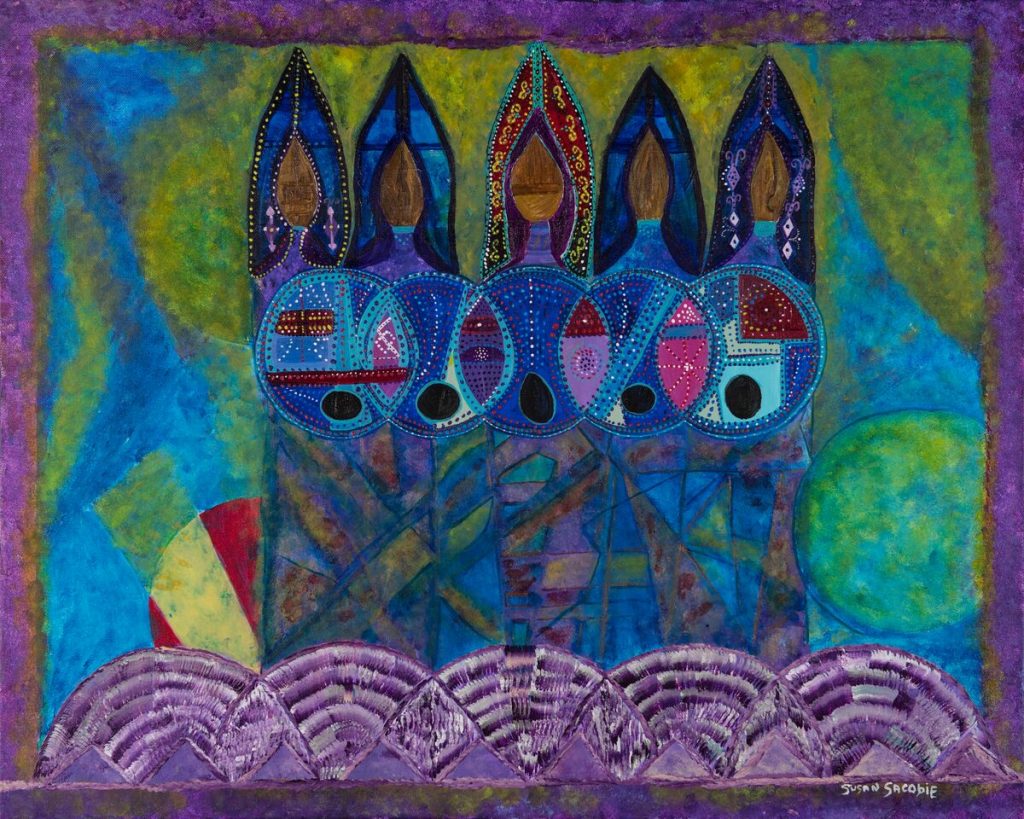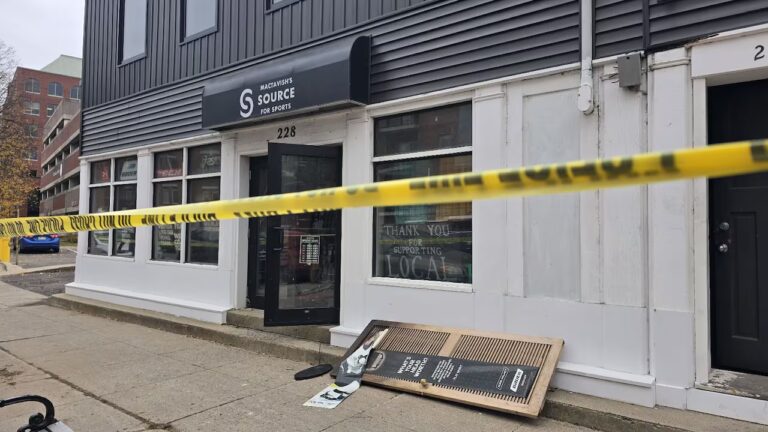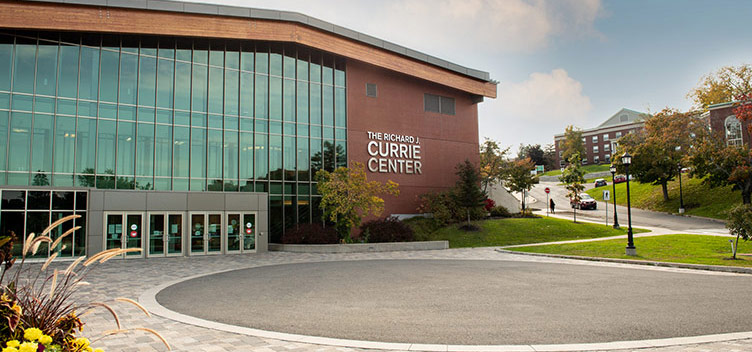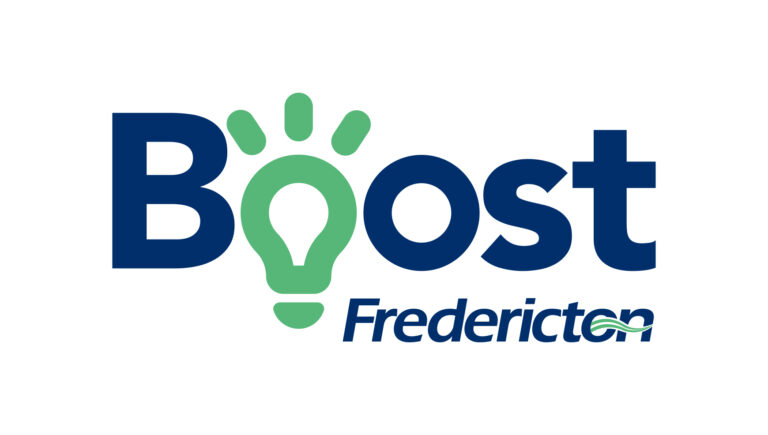A New Brunswick-wide helpline has been launched to help support friends and family of missing Indigenous people, and lead them toward better outcomes.
The helpline is the first of its kind in the Maritimes, and aims to serve Indigenous communities across New Brunswick, specifically women, girls and sexual and gender minorities who are disproportionately affected by all forms of violence.
“No more stolen sisters,” said University of New Brunswick law professor Jula Hughes, one of the creators of the helpline.
Hughes worked alongside the New Brunswick Aboriginal Peoples Council and Gignoo Transition House to develop the project, titled “Looking out for each other: Assisting Aboriginal families and communities when an Aboriginal woman goes missing.”
“The helpline will be an important way for us to take back control over our lives and bring home our missing friends and family members,” said Amanda LeBlanc, the interim president and chief of the New Brunswick Aboriginal Peoples Council, in a news release.
The service, which is now active, will guide loved ones of missing Indigenous people to access the systems available to them, especially in regards to contacting law enforcement.
“Families and friends of a missing Indigenous person are in immediate need of help,” Hughes said. “They need support to successfully navigate contacting police, figuring out who to talk to, getting information about what to expect and how to effectively advocate for their loved one.”
Hughes also notes the importance of giving Indigenous communities “accurate and up-to-date” information and services. The project will provide training and support including manuals, brochures and helpline scripts to those providing the services.
“Better informed Indigenous service providers have better experiences with police and other mainstream services and can help bridge the trust gap that exists between Indigenous people and mainstream service providers,” Hughes said.
The project is entirely owned by Indigenous organizations, with the Gignoo Transition House, the only Indigenous transition house in New Brunswick, offering the helpline service 24/7.
“We bring 25 years of experience in providing supports to Indigenous women to the project. Indigenous women have always been leaders in our communities, and this project is a good example,” said Barb Martin, president of Gignoo Transition House, in a news release.
The helpline is accessible from across the province, and can be reached at 1-833-MMI-FIND, which stands for Missing and Murdered Indigenous Families in Need of Direction.




